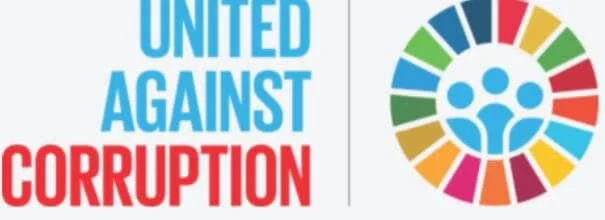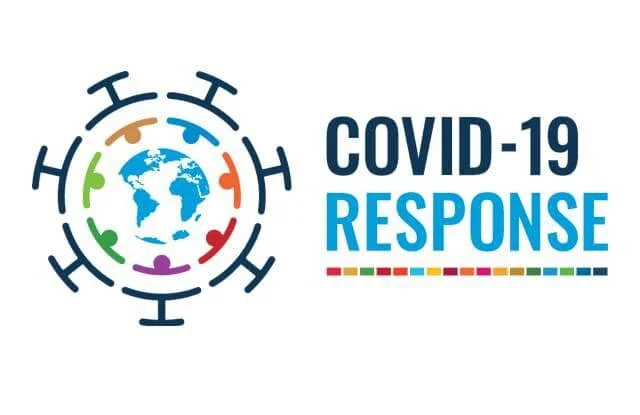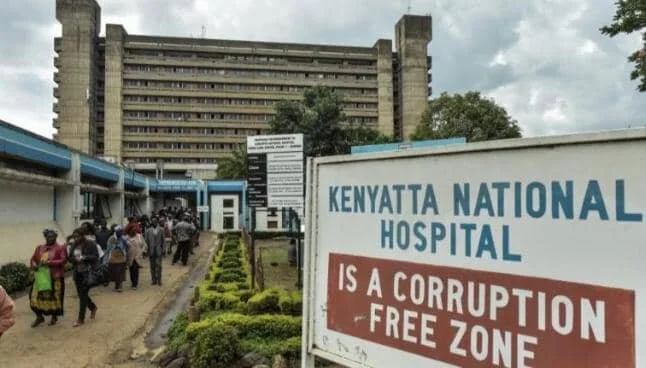Soft and hard corruption practices are deeply rooted in many systems and policies in the world. Even with active policies and structures to reduce corruption, accountability and transparency have to be deeply rooted in the values and culture of a nation. Coronavirus pandemic has tested the limits that countries have on integrity. More tests in form of economic frustrations and political uncertainty among others will continue to challenge the beliefs that people and their leaders have. It is upon institutions to create robust systems that eradicate systemic corruption and vows for a fair and justifiable life.
Joint Press Statement: Institute Immediate Measures To Guarantee Integrity, Transparency And Accountability In COVID-19 Response Efforts.
Citizens have a right to participate in the making of decisions that affect their lives. Being open and transparent, and involving those affected in decision-making is key to ensuring people participate in measures designed to protect their own health and that of the wider population. We have noted with great concern, gaps in transparency, and accountability by government agencies charged with managing COVID-19 resources.
Press Release: Corruption In The Health Sector Is Negatively Affecting Realization Of The Right To Health
There have been numerous reports on corruption cases and lack of transparency in the health sector for a significant period of time (or we could say for almost a decade) as detailed in this matrix. In almost all of these cases, no conclusive investigations have been conducted nor have any prosecutions been undertaken. Consequently, no convictions have taken place, but in certain instances, money has been paid back to the donors using tax payers’ money.
Katiba At 10: Women
The global women’s movement, universally known as the feminist movement is arguably the most conspicuous voice among the marginalized groups worldwide. To this extent, women have even been dubbed the winners of the ‘Oppression Olympics’ as the vocalization of their rights tend to overshadow the plights of the other marginalized groups. Women in Kenya have, since the 1980’s, participated in the feminist movement in a bid to secure their rights despite the gender-retrogressive provisions of the former Constitution.
Katiba At 10: Corruption
Kenya has been waging war against corruption since it became an independent state. Almost every socio-economic challenge grappled by Kenyans can be linked to the corruption menace. Graft had been ill to Kenyan society during Mzee Kenyatta’s presidency where corruption was isolated and only those close to the executive arm got a piece of the illicit cake. Since then, corruption has morphed and permeated a majority of institutions beyond the executive arm.
Katiba At 10: Children
Chapter four of the Constitution on the Bill of Rights in which children are entitled to, Article 53 is specific to addressing the rights of children. The Article reiterates the rights granted to children in the Children Act such as the right to a name and nationality, free and compulsory basic education, basic nutrition, protection, parental care, and other rights touching on child detainees. The provisions in this legislation are quite extensive and the promulgation of the Constitution extended the scope of the protection of the rights and welfare of children in this Act.
Lockdown Live: Education In The Time Of COVID-19
Can we say that the pandemic has fully shown us what inequality is in the education sector? The frameworks and regulations that have existed in the education sector are definitely not working, and as such, the gap between the rich and the poor is more evident. Children whose parents can afford private schooling, electricity, internet access, and a balanced diet are going on with their learning online, while children who so much depend on their local primary school to have a meal are forced to wait on government directives.






